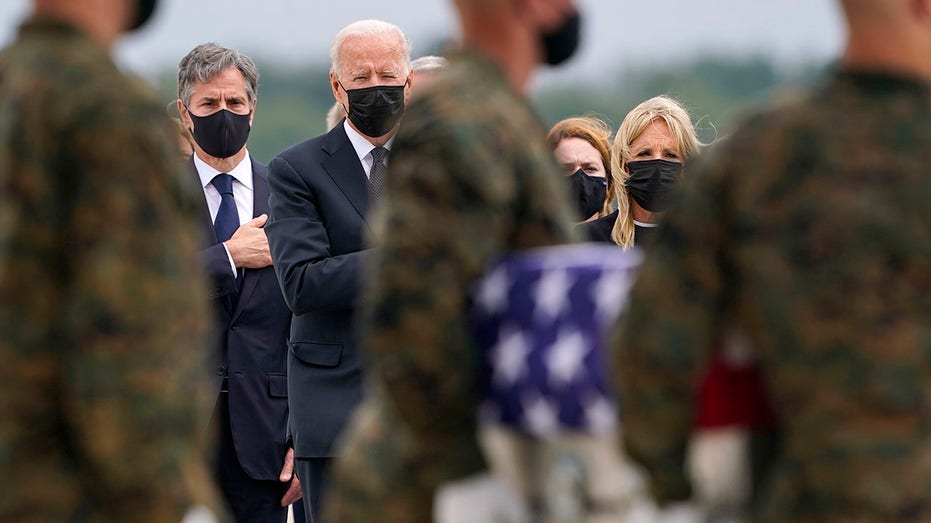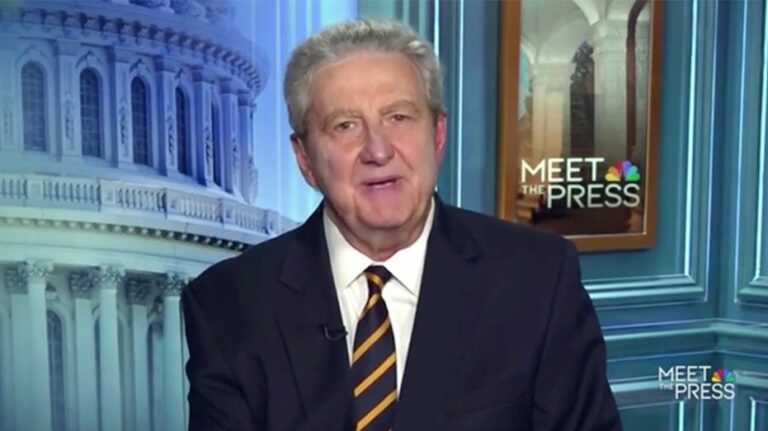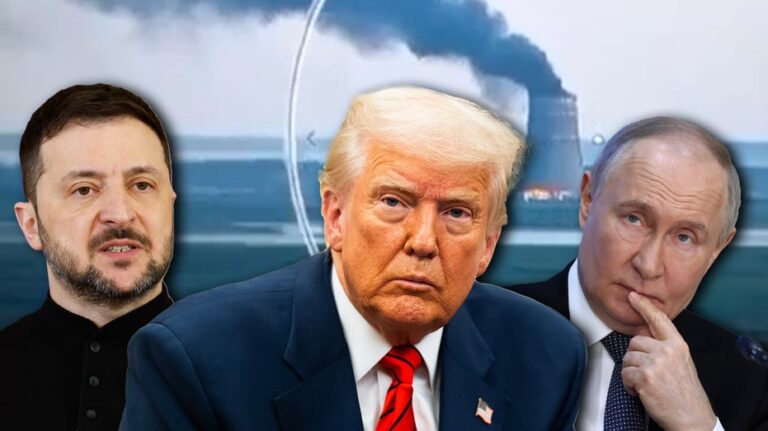
President Biden on Monday spoke for the last time from the State Department on the state of American foreign policy and national security as his four-year term is set to conclude in one week when President-elect Trump will once again take up the top job.
Biden did not specifically address or name the inbound president, but he referenced the prior, and incoming, Trump administration and touted that he is leaving a “strong hand to play.”
The president listed a number of major nations of top geopolitical importance to U.S. national security. But he also referenced the U.S. withdrawal from Afghanistan – which has been among the president’s most heavily criticized policy decisions, and which resulted in the death of 13 American service members and roughly 170 Afghan civilians as ISIS-K launched an attack on those evacuating at Abbey Gate.
BIDEN CALLS FOR IMMEDIATE CEASE-FIRE IN CALL WITH ISRAEL’S NETANYAHU
“[I am] the first president in decades who’s not leaving a war in Afghanistan to his successor,” Biden said.
The president pointed to the 2011 assassination of 9/11 mastermind, Usama bin Laden, during the Obama administration and said he assessed that large numbers of American forces were no longer needed when he took up office.
“So when I took office, I had a choice – only I saw no reason to keep thousands of servicemen in Afghanistan,” he added. “In my view, it was time to end the war and bring our troops home, and we did.”
The president attempted to counter the criticism he received of the withdrawal and said, “Remember, critics said if we ended the war it would damage our alliances and create threats to our homeland from foreign directed terrorism out of a safe haven in Afghanistan.
“Neither has occurred,” Biden said. “Our alliances have stayed strong, we’ve used our over-the-horizon capabilities of striking Afghanistan and elsewhere when we had to.
“And by ending the war, we’ve been able to focus our energy and resources on our urgent challenges,” the president said, pointing to issues the U.S. continues to face from adversaries like Russia and China.
Biden urged the incoming Trump administration to continue to defend Ukraine and deter Russian President Vladimir Putin, noting Moscow’s success in Ukraine will have resounding consequences around the globe – especially in Asia.
“There’s more to do. We can’t walk away,” he said, noting the U.S. invested nearly $1.3 trillion in the defense industrial base under his presidency.
“That’s more than America did in any four-year period during the Cold War,” Biden said. “It’s going to ensure that we’re fully equipped to fight and win wars, which is also the best way to deter wars in the first place.”
Biden also touted his progress in deterring China as a major U.S. adversary and claimed that when he entered office Beijing was assessed to economically surpass Washington by 2030.
“Now according to the latest predictions on China’s current course, they will never surpass us,” he said.
But there was one major area he warned the incoming administration about – climate change and the threat China poses in that arena.
“Some in the incoming administration are skeptical about the need for clean energy. They don’t even believe climate change is real. I think they come from a different century,” he said in his harshest rebuke of the incoming administration. “They are dead wrong.
“It’s the single greatest existential threat to humanity – the clean energy transition is already happening,” Biden continued. “China is trying to dominate the clean energy manufacturing, critical materials, supply chains.
“They want to capture the market of the future and create new dependencies – the United States must win that contest,” the president added.
Biden further urged the Trump administration to continue developing artificial intelligence, as well as countering the Houthis in Yemen and North Korea as adversarial powers like Iran, Russia and China continue to grow closer together.
President Biden on Monday spoke for the last time from the State Department on the state of American foreign policy and national security as his four-year term is set to conclude in one week when President-elect Trump will once again take up the top job.
Biden did not specifically address or name the inbound president, but he referenced the prior, and incoming, Trump administration and touted that he is leaving a “strong hand to play.”
The president listed a number of major nations of top geopolitical importance to U.S. national security. But he also referenced the U.S. withdrawal from Afghanistan – which has been among the president’s most heavily criticized policy decisions, and which resulted in the death of 13 American service members and roughly 170 Afghan civilians as ISIS-K launched an attack on those evacuating at Abbey Gate.
BIDEN CALLS FOR IMMEDIATE CEASE-FIRE IN CALL WITH ISRAEL’S NETANYAHU
“[I am] the first president in decades who’s not leaving a war in Afghanistan to his successor,” Biden said.
The president pointed to the 2011 assassination of 9/11 mastermind, Usama bin Laden, during the Obama administration and said he assessed that large numbers of American forces were no longer needed when he took up office.
“So when I took office, I had a choice – only I saw no reason to keep thousands of servicemen in Afghanistan,” he added. “In my view, it was time to end the war and bring our troops home, and we did.”
The president attempted to counter the criticism he received of the withdrawal and said, “Remember, critics said if we ended the war it would damage our alliances and create threats to our homeland from foreign directed terrorism out of a safe haven in Afghanistan.
“Neither has occurred,” Biden said. “Our alliances have stayed strong, we’ve used our over-the-horizon capabilities of striking Afghanistan and elsewhere when we had to.
“And by ending the war, we’ve been able to focus our energy and resources on our urgent challenges,” the president said, pointing to issues the U.S. continues to face from adversaries like Russia and China.
Biden urged the incoming Trump administration to continue to defend Ukraine and deter Russian President Vladimir Putin, noting Moscow’s success in Ukraine will have resounding consequences around the globe – especially in Asia.
“There’s more to do. We can’t walk away,” he said, noting the U.S. invested nearly $1.3 trillion in the defense industrial base under his presidency.
“That’s more than America did in any four-year period during the Cold War,” Biden said. “It’s going to ensure that we’re fully equipped to fight and win wars, which is also the best way to deter wars in the first place.”
Biden also touted his progress in deterring China as a major U.S. adversary and claimed that when he entered office Beijing was assessed to economically surpass Washington by 2030.
“Now according to the latest predictions on China’s current course, they will never surpass us,” he said.
But there was one major area he warned the incoming administration about – climate change and the threat China poses in that arena.
“Some in the incoming administration are skeptical about the need for clean energy. They don’t even believe climate change is real. I think they come from a different century,” he said in his harshest rebuke of the incoming administration. “They are dead wrong.
“It’s the single greatest existential threat to humanity – the clean energy transition is already happening,” Biden continued. “China is trying to dominate the clean energy manufacturing, critical materials, supply chains.
“They want to capture the market of the future and create new dependencies – the United States must win that contest,” the president added.
Biden further urged the Trump administration to continue developing artificial intelligence, as well as countering the Houthis in Yemen and North Korea as adversarial powers like Iran, Russia and China continue to grow closer together.






